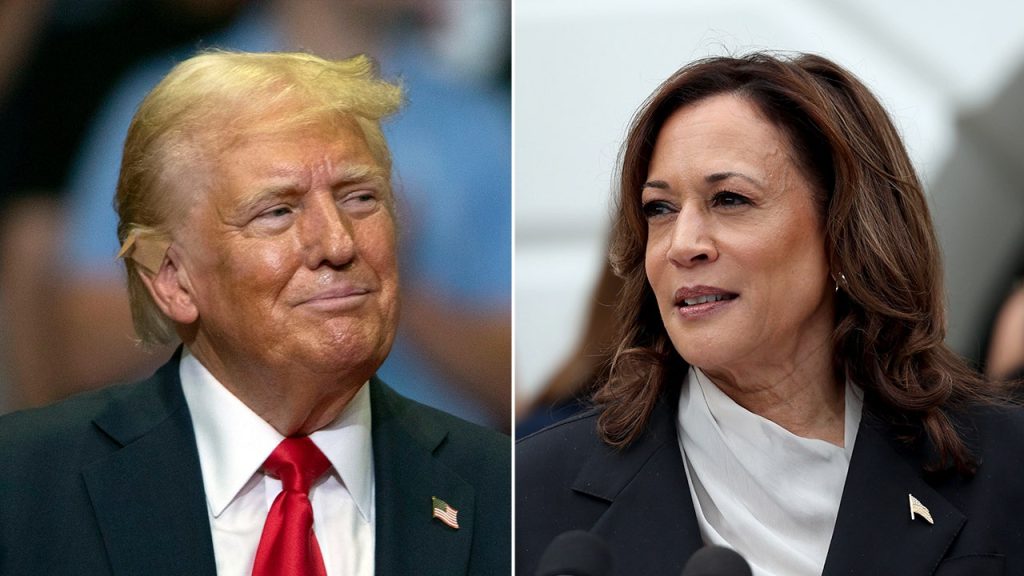President Trump recently made controversial remarks at the National Association of Black Journalists (NABJ) event, where he questioned Vice President Harris’ racial identity. He claimed that Harris had “turned Black” after years of identifying as Indian. Trump’s comments were in response to a question about Republican lawmakers’ characterization of Harris as a diversity, equity, and inclusion hire. He expressed confusion about Harris’ racial background, as her mother is Indian and her father is Jamaican. Harris’s campaign communications director, Michael Tyler, responded to Trump’s remarks by accusing him of hostility and divisiveness.
Tyler criticized Trump for attacking Black journalists and failing Black families during his presidency, while attempting to regain power with a divisive agenda. He portrayed Trump’s behavior as reflective of the chaos and division associated with his MAGA rallies. Tyler urged Trump to stop playing games and engage respectfully in debates, emphasizing Vice President Harris’s commitment to unity and opportunity for all Americans. White House press secretary Karine Jean-Pierre also condemned Trump’s comments as insulting, emphasizing that individuals have the right to define their own identities.
Jean-Pierre defended Vice President Harris’s right to self-identification and highlighted the importance of showing respect for her position as the Vice President of the United States. She emphasized that Harris is the only person who can speak to her own experiences and challenges, rejecting Trump’s attempt to question her racial identity. Despite criticism from various quarters, Trump took to Truth Social to boast about how he performed at the NABJ event, claiming that the questions were “rude and nasty” but that he “crushed it.” His response to the backlash suggests a lack of remorse for his controversial comments regarding Vice President Harris.
Trump’s remarks about Vice President Harris have reignited debates about race, identity, and political divisiveness in the United States. His comments at the NABJ event reflect a broader pattern of behavior characterized by hostility and personal attacks. Critics argue that Trump’s rhetoric is harmful and seeks to sow division rather than promote unity. The response from Harris’s team and the White House emphasizes the need for respect and understanding when discussing issues of identity and personal experience. Moving forward, it remains to be seen whether Trump will face consequences for his inflammatory remarks or continue to engage in divisive rhetoric.


